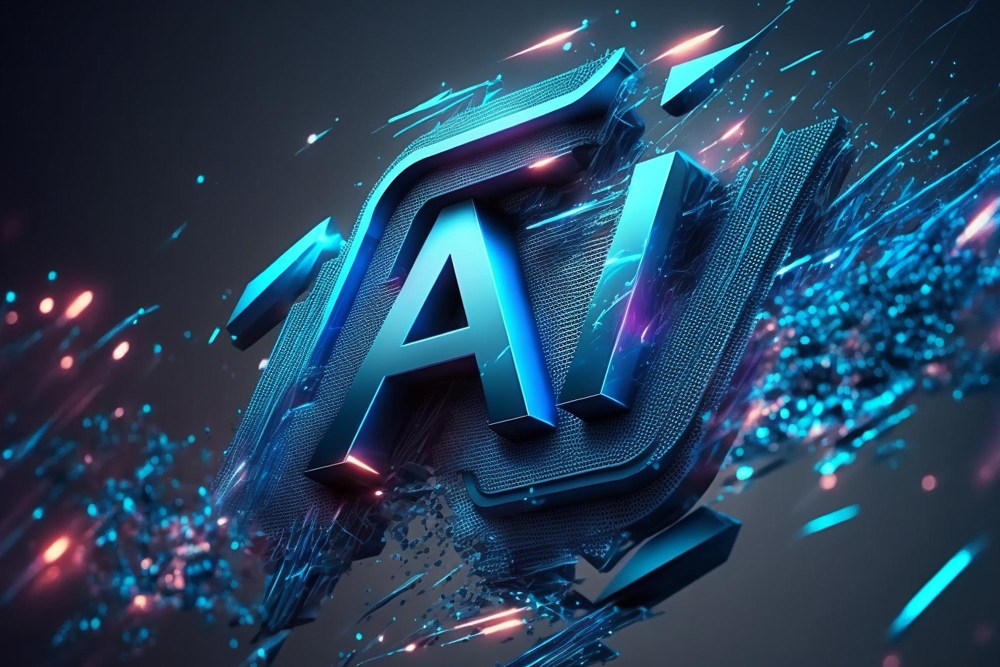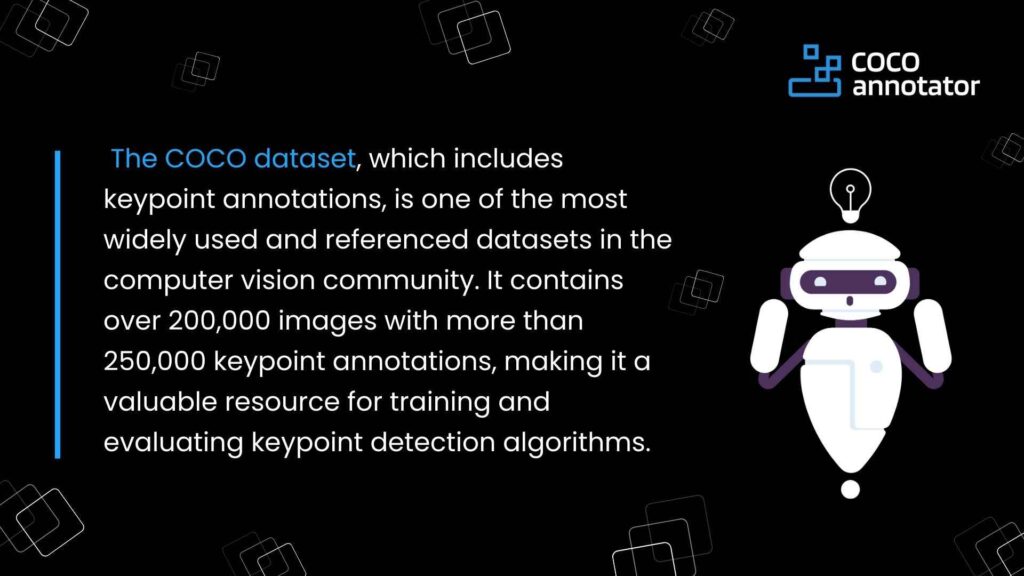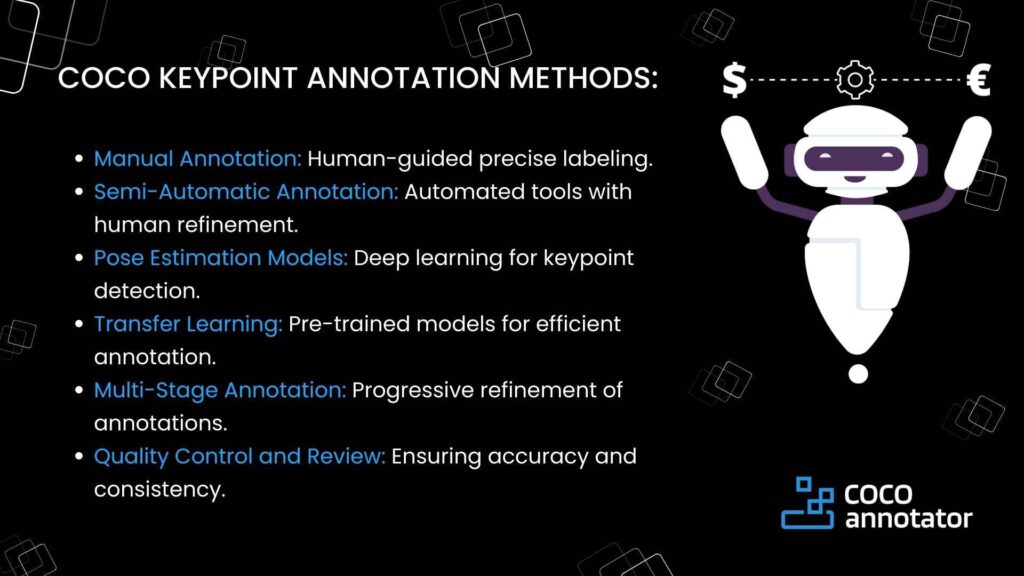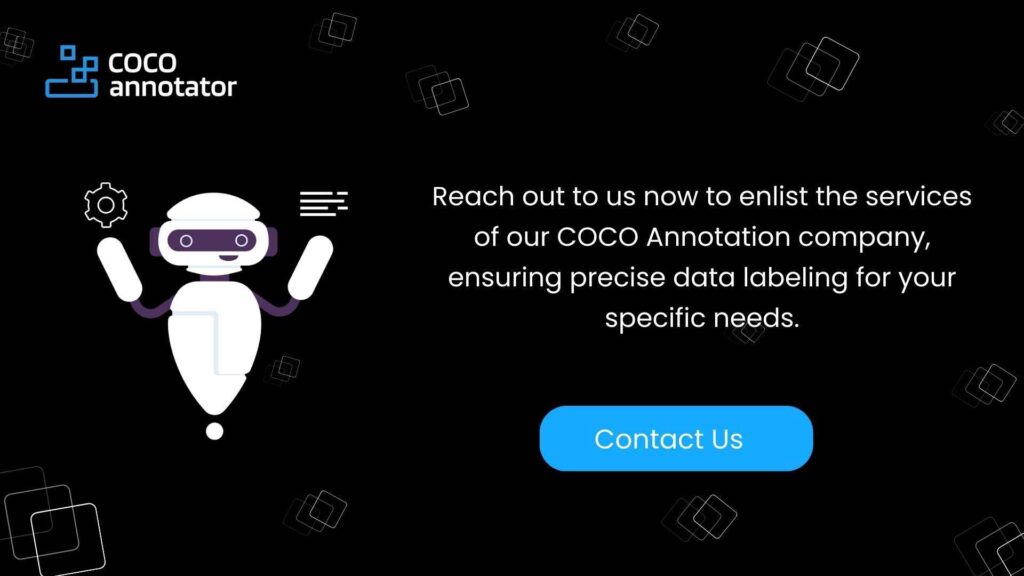
In the rapidly evolving field of computer vision, accurate and precise annotations are key to unlocking the full potential of AI models. One annotation technique that has gained significant importance is COCO keypoint annotation. This method involves marking key body points in images, enabling AI models to detect and analyze human poses accurately. To ensure high-quality annotations, it is crucial to choose the right COCO keypoint annotation service provider for your business. With their expertise in keypoint annotation and the ability to convert annotation to COCO format, these service providers play a critical role in enhancing the performance of computer vision applications.
Understanding COCO Keypoint Annotation
In the realm of computer vision, accurately estimating human poses from images is a challenging task with wide-ranging applications. COCO keypoint annotation is a powerful technique that allows for the precise labeling of key body points in images, enabling AI models to understand and analyze human poses accurately. This annotation method has become increasingly important, contributing to advancements in pose estimation, including 3D pose estimation, human activity recognition, and dense pose mapping.

COCO Pose Estimation
The COCO dataset provides a standardized framework for COCO pose estimation, which involves identifying and labeling key body points, such as joints and keypoints. These keypoints typically include parts like the head, torso, arms, and legs. The COCO keypoint annotation format defines a set of 17 keypoints, covering the most important body parts for pose estimation tasks.
3D Pose Estimation
COCO keypoint annotation is a crucial step in 3D pose estimation, which aims to reconstruct the three-dimensional positions of body keypoints from a two-dimensional image. By accurately annotating keypoints in multiple images, AI models can infer the 3D coordinates of body joints, enabling applications such as motion capture, virtual reality, and augmented reality.
Human Pose Estimation
Human pose estimation focuses on detecting and identifying the poses of individuals within images or videos. It plays a significant role in various fields, including sports analytics, healthcare, security surveillance, and human-computer interaction. COCO keypoint annotation is instrumental in training AI models to recognize and interpret human poses, allowing for more advanced and nuanced applications in these domains.
Dense Pose
Dense pose estimation takes pose estimation a step further by associating each pixel in an image with a specific body part and its corresponding keypoint. This fine-grained annotation enables AI models to understand not just the overall pose but also the detailed mapping of body parts in images. Dense pose estimation is useful in applications such as image segmentation, virtual try-on, and interactive virtual experiences.
Accurate and consistent COCO keypoint annotation is crucial for the success of pose estimation tasks. It provides a foundation for AI models to learn and generalize human poses across various images, enhancing their ability to analyze complex poses and movements accurately.

Benefits of Outsourcing COCO Keypoint Annotation
Outsourcing COCO keypoint annotation offers several significant benefits for businesses seeking accurate and efficient data labeling for their AI projects. Here are some key advantages of outsourcing COCO keypoint annotation:
- Expertise and Precision: Professional data annotation service providers have a team of experienced annotators who specialize in COCO keypoint annotation. They possess in-depth knowledge of human poses, ensuring accurate and precise labeling of the COCO pose keypoints. Their expertise guarantees reliable annotations that contribute to the development of high-quality AI models.
- Efficiency and Cost Savings: Outsourcing COCO keypoint annotation allows businesses to focus on their core activities while experts handle the annotation process. This not only saves time but also reduces operational costs. An experienced annotation service provider can efficiently handle large-scale annotation projects, ensuring timely delivery without compromising quality.
- Quality Assurance: Reputable COCO annotation service providers follow stringent quality control processes to maintain the accuracy and consistency of annotations. They adhere to the COCO format annotation guidelines, ensuring compatibility with various computer vision frameworks and tools. The result is a dataset of high-quality annotations that enable reliable AI model training and improve the accuracy of pose estimation and image captioning tasks.
- Flexibility and Scalability: Outsourcing COCO keypoint annotation offers the flexibility to adapt to the specific needs of each project. Whether it’s a small-scale or large-scale annotation project, professional service providers have the capacity and resources to scale their operations accordingly. This flexibility ensures that businesses can efficiently handle varying annotation workloads and accommodate future growth.
- Confidentiality and Data Security: Trusted COCO annotation service providers prioritize data security and confidentiality. They have robust protocols in place to safeguard sensitive information throughout the annotation process. By outsourcing, businesses can have peace of mind knowing that their data is handled with the utmost care and security.
By outsourcing COCO keypoint annotation, businesses can leverage the expertise of professionals, streamline their annotation workflows, and achieve high-quality and accurate annotations for their AI projects. This, in turn, leads to more reliable AI models, improved pose estimation accuracy, and enhanced image captioning capabilities, driving better insights and decision-making.
Factors to Consider in Choosing a COCO Keypoint Annotation Service Provider
When selecting a COCO keypoint annotation service provider for your business’s data labeling needs, it is important to consider several factors to ensure you make the right choice. The accuracy and quality of the annotations play a crucial role in the success of your AI models and visual content analysis. Here are some key factors to consider:
Expertise and Experience
Look for a COCO annotation service provider with expertise and experience in keypoint annotation, specifically for images. Assess their knowledge of pose estimation and their ability to accurately label key body points. A provider with a strong background in picture annotation, labeling, and tagging will ensure precise annotations that meet your project requirements.
Scalability and Capacity
Evaluate the scalability and capacity of the service provider. Consider the size and complexity of your project, and ensure that the provider can handle the volume of images and annotations you require. A reliable provider should have the resources and infrastructure to efficiently scale up their operations to meet your growing needs.
Data Security and Confidentiality
Data security is crucial when dealing with sensitive images and annotations. Ensure that the COCO annotation service provider follows strict data security protocols and has measures in place to protect your data from unauthorized access, loss, or breach. This includes implementing secure data transfer, encryption, and confidentiality agreements.
Quality Control and Consistency
Inquire about the provider’s quality control processes to ensure accurate and consistent annotations. Ask about their annotation guidelines, validation procedures, and the measures they take to ensure quality and minimize errors. A reputable provider will have robust quality control mechanisms in place to deliver high-quality annotations consistently.
By carefully considering these factors, you can choose a reliable COCO keypoint annotation service provider that meets your specific needs. This will ensure accurate annotations for your image data, leading to the development of robust AI models and meaningful visual insights. Selecting a provider with expertise in picture labeling will ensure that your annotations are precise and aligned with your project requirements.

Choosing Reliable COCO Annotation Services for Data Labeling
When it comes to COCO annotation for data labeling, choosing a reliable service provider is crucial to ensure accurate and high-quality annotations. At our COCO Annotation company, we specialize in providing precise and reliable COCO annotation services tailored to meet the unique requirements of businesses.
One of the key aspects that sets us apart is our flexible models of cooperation. We understand that each project has specific needs, and we offer various options to accommodate them:
- Managed Annotation Services: Our managed annotation services provide end-to-end support for your COCO annotation needs. We handle the entire annotation process, from data collection to final delivery, ensuring accuracy and efficiency throughout.
- Part-Time Annotator(s) Dedicated to Your Project: For projects that require ongoing annotation, we can assign part-time annotators dedicated exclusively to your project. They will work closely with you to understand your requirements and deliver accurate annotations within the desired timeframe.
- Full-Time Annotator Specialist Fully Dedicated to Your Project: For larger or more complex projects, we can assign a full-time annotator specialist who will be fully dedicated to your project. This ensures that the annotations are handled with utmost attention to detail and efficiency.
Our COCO annotation services include various types of annotations, including picture tagging and image data annotation services. Image tagging services involve labeling specific objects or attributes in images, as well as classifying and categorizing images. We have expertise in both areas, ensuring accurate and comprehensive annotations.
Furthermore, our team is well-versed in machine learning image classification. We understand the importance of proper labeling to train robust machine learning models. Our annotators meticulously label images with appropriate tags and categories, enabling the development of accurate and reliable machine learning models.

